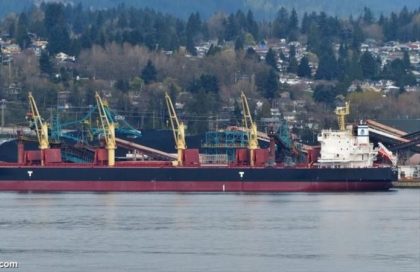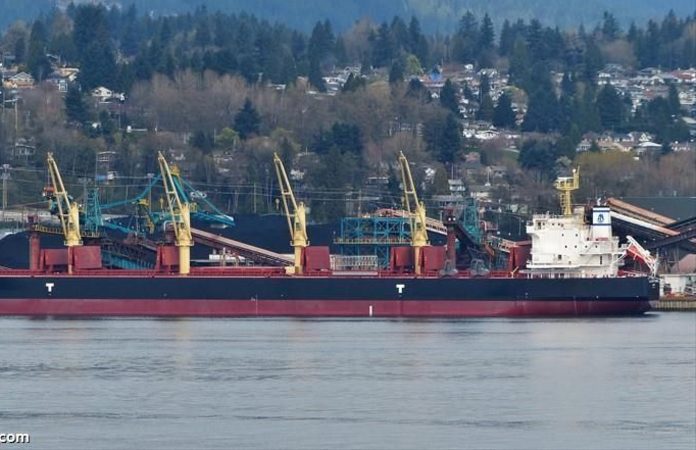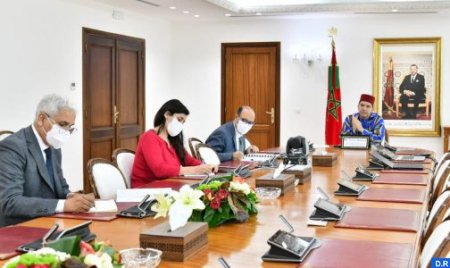 As was expected, a high court in South Africa delivered a politicized verdict giving ownership of the 50,000-ton Phosphate cargo on board bulk carrier Cherry Blossom to the Polisario separatists.
As was expected, a high court in South Africa delivered a politicized verdict giving ownership of the 50,000-ton Phosphate cargo on board bulk carrier Cherry Blossom to the Polisario separatists.
Bound for New Zealand, the ship was held in Port Elizabeth for almost a year after the Polisario challenged the legality of the transaction in a bid to use the justice system of its South African ally to undermine Morocco’s economic interests.
The legal process was described by the owner of the cargo, Morocco’s OCP, as “political piracy” and a hostile act revealing the stark partiality of the South African justice system.
Considering that the South African justice has no legitimacy to rule on the case, the OCP decided to withdraw from the proceedings last July.
The Moroccan phosphate giant denounced the seizure of the cargo on multiple occasions, deploring South Africa’s blatant “interference in the political process led by the UN Security Council.”
Legal experts say that holding the Moroccan phosphates cargos in international ports in response to complaints filed by a separatist entity that is not recognized by the UN is in itself a violation of international law.
The Polisario is not recognized by the International community as a representative of the commercial interests of the population of the Sahara, although it is considered as a party in the political process to find a solution to the Sahara conflict.
Last May, Panamanian authorities refused to hold a tanker carrying Moroccan phosphate bound for Canada on grounds that the Polisario has no jurisdictional competence in the matter.
Phosphates production and related industries, an area of excellence for Morocco, has been key in the Kingdom’s African foreign policy. The state-owned phosphate company has been investing in African states and signed two landmark agreements with Nigeria and Ethiopia, Africa’s most populous countries, to build fertilizer production plants.
Phosphate revenues have also contributed to the development of the southern provinces where Morocco spends seven times more than the revenues reaped from the region.



